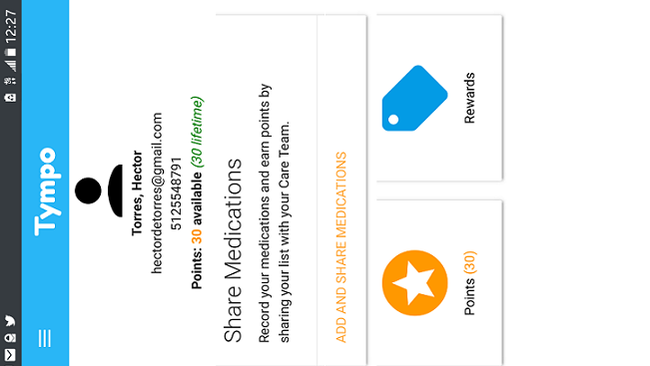Hector Torres, CEO + Co-Founder
Hector Torres has been the chief orchestrator for the company and projects, collaborating and bringing together diverse communities is his passion as is being a healthcare innovator and disruptor.
He created the first Blockchain + Healthcare Innovation Summit that brought together IBM, UT Dell Medical School, Clinical Pathology Labs, Austin Regional Clinic, Law Office of Husch Blackwell & McGinnis Lochridge to discuss the opportunities in healthcare and how we might leverage emerging technologies such as blockchain. The event was hosted at GoogleFiber October of 2016 "ulaHealth Blockchain + Healthcare Summit"
http://summit.ulahealth.me/While serving as the Chief Technology Officer of an Austin based Latino health non-profit, he created and pioneered the first minority focused and patient centric healthcare hack-a-thon named, cultivateHealthATX that IBM hosted October of 2015 which brought together UT Dell Medical School, Clinical Pathology Labs, City of Austin, St David’s RowdMap and others to assist teams with their innovation and development to tackle some of healthcare’s most pressing needs. Click here to see some event photos:
https://www.instagram.com/cultivatehealthatx/ or click see the web version:
http://ulahealth.me/cultivateHealthATX/Dan Hedges, Co-Founder
Full stack developer: Dan loves writing, testing, debugging and improving software, and is always looking for challenges, especially in the world of big data. He has worked in the kernel and user space. Dan excelled at eliminating performance bottlenecks and refactoring. Specialties: Refactoring, performance profiling and optimization, project management, linux, programming languages, competitive programming.
Salvador Valdez, COO
Dr Ray Atilano, Chief Medical Officer
Dr. Ray Atilano played an integral role with orchestrating the ulaHealth Blockchain + Healthcare Innovation Summit and served as a moderator for the Austin Regional Clinic information question and answer session. Prior to his ulaHealth roles, the NeuroTexas Institute Research Foundation named Ray Atilano, Ph.D., as its executive director, in March of 2015.
